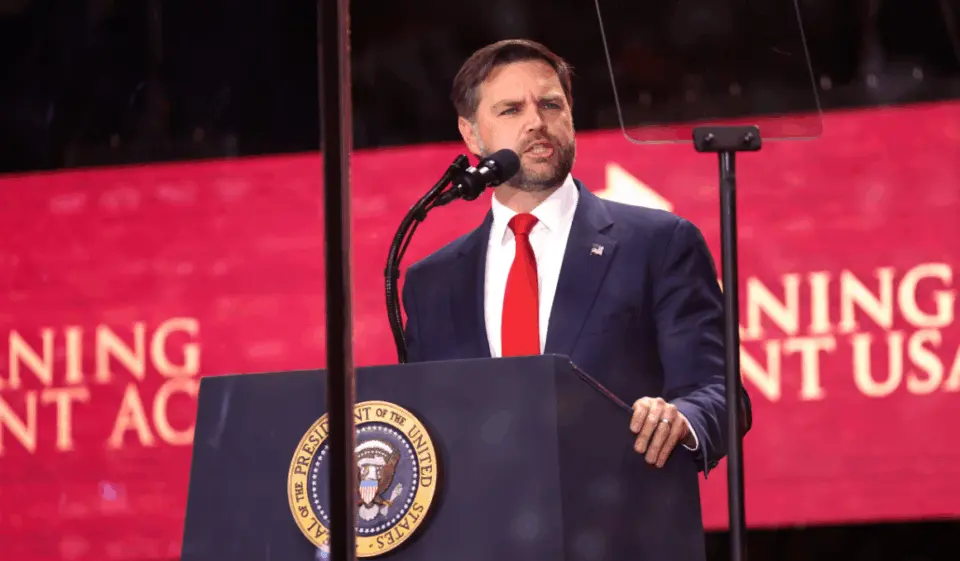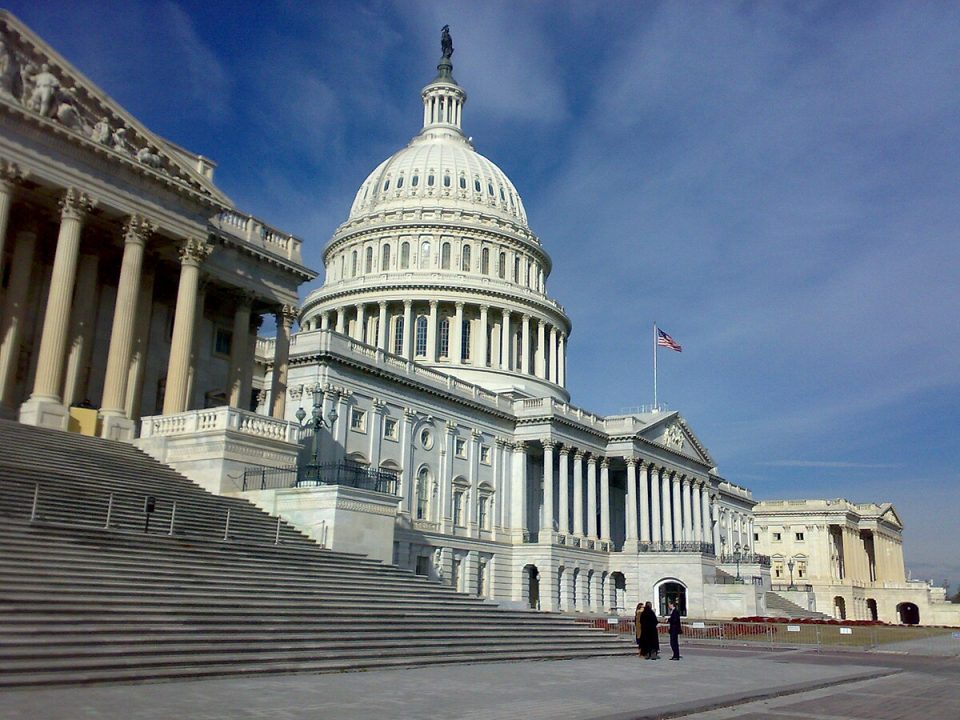Since my conversion to the Catholic Church in college, I have always known my total dependence on God, recognizing this as a defining feature of the human condition. I believed Jesus’ words, “Apart from me, you can do nothing” (John 15:5), but this truth became twisted with a lie. I had been raised according to the common American stereotype of the self-made man who solves every problem himself. When things aren’t going well, he doesn’t show weakness, he just works harder. As a Christian, I adapted this to: he prays and works harder. God offers grace but, with that aid, I mistakenly thought I had to do the rest. Such ungodly self-reliance inevitably led to my unraveling.
About seven years after becoming bishop of Lincoln I started buckling under my episcopal duties. The people of this diocese have a beautiful faith, and I wanted to be the strong, invincible leader I thought they deserved. Day in and day out, I tried to fix the problems brought to me instead of surrendering them to the Lord. There was always more work than time, and gradually I slackened in taking care of my own physical and mental well-being. The first thing to go was my sleep because my brain would run nonstop, rehashing the day’s events and wrongly believing everything depended on me. Although the wear and tear of this lifestyle was taking its toll, I kept trying to muscle through. As my body began to break down from lack of sleep and stress, I ate irregularly or not at all. My physical deterioration led to emotional and psychological decline and, before I knew it, I was barely holding onto the last thread of my spiritual health. …







